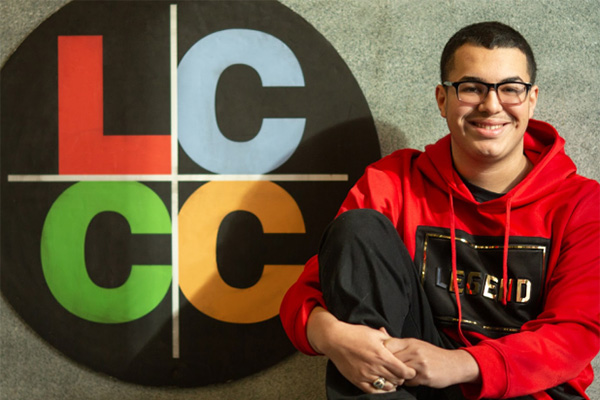Veterinary Technician A.A.S. (VET)
Earn your Veterinary Technician associate degree from LCCC.
What Is a Veterinary Technician Program?
Veterinary technicians are professionals knowledgeable in the care and handling of animals, basic principles of normal and abnormal life processes, routine laboratory and clinical procedures, and veterinary medical and surgical nursing. Graduates of this program are prepared to sit for the veterinary technician national board examination. Students who pass the exam may obtain certification.
The Veterinary Technician Associate Degree program is accredited by the American Veterinary Medical Association Committee on Veterinary Technician Education and Activities (AVMA CVTEA).
Classes are held on Northampton Community College (NCC) and LCCC campuses. There is a clinical science laboratory on NCC’s campus and a veterinary teaching facility adjacent to LCCC’s campus provided exclusively for the veterinary technician students. Classes are offered during the day, and the program takes two full years to complete (fall, spring, and summer).
Lehigh Carbon and Northampton Community Colleges’ Veterinary Technician National Exam (VTNE) Results:
| Three-year average pass rate | Total January 1, 2022— December 31, 2024 |
|---|---|
| Number of first-time candidates that have taken the VTNE | 78 |
| Three-Year VTNE pass percentage | 70% |
Veterinary Technology Courses
LCCC provides academic and practical experience through a combination of veterinary technology and general education core courses. One-third of veterinary technology courses include laboratory experience including exposure to small, large, and exotic animal species. The culminating experience of the program is a summer externship experience during which you can practice your clinical skills at veterinary hospitals.
Coursework will provide you with a foundation in:
- Veterinary Anatomy and Physiology
- Large Animal Clinical Procedure
- Small Animal Clinical Procedure
- Veterinary Surgical and Nursing and Anesthesia
- Lab Animal Science and Exotics
- Veterinary Radiology
Course Fees
What Can I Do with a Veterinary Technician A.A.S.?
According to the Bureau of Labor Statistics, the job outlook for veterinary technicians and technologists is expected to grow 20% in the next decade.
Certified veterinary technicians are employed in veterinary clinics serving large, small, and exotic species. In addition, graduates are employed as veterinary assistants in pharmaceutical settings, research laboratories, animal feed companies, wildlife and zoo centers, and animal shelters.
Four-Year Transfer Schools
Pennsylvania offers statewide program-to-program articulation. This allows students who graduate with specific associate degrees to transfer as juniors into a bachelor’s degree program in a similar field of study at a participating four-year college. Learn more about transferring to a four-year school.
Your Associate Degree in Veterinary Technician prepares you to transfer to the following four-year colleges or universities:
Program Director


